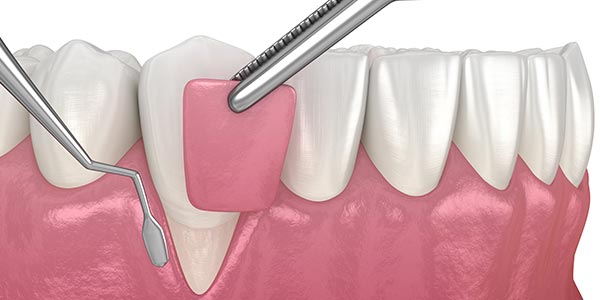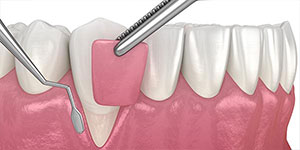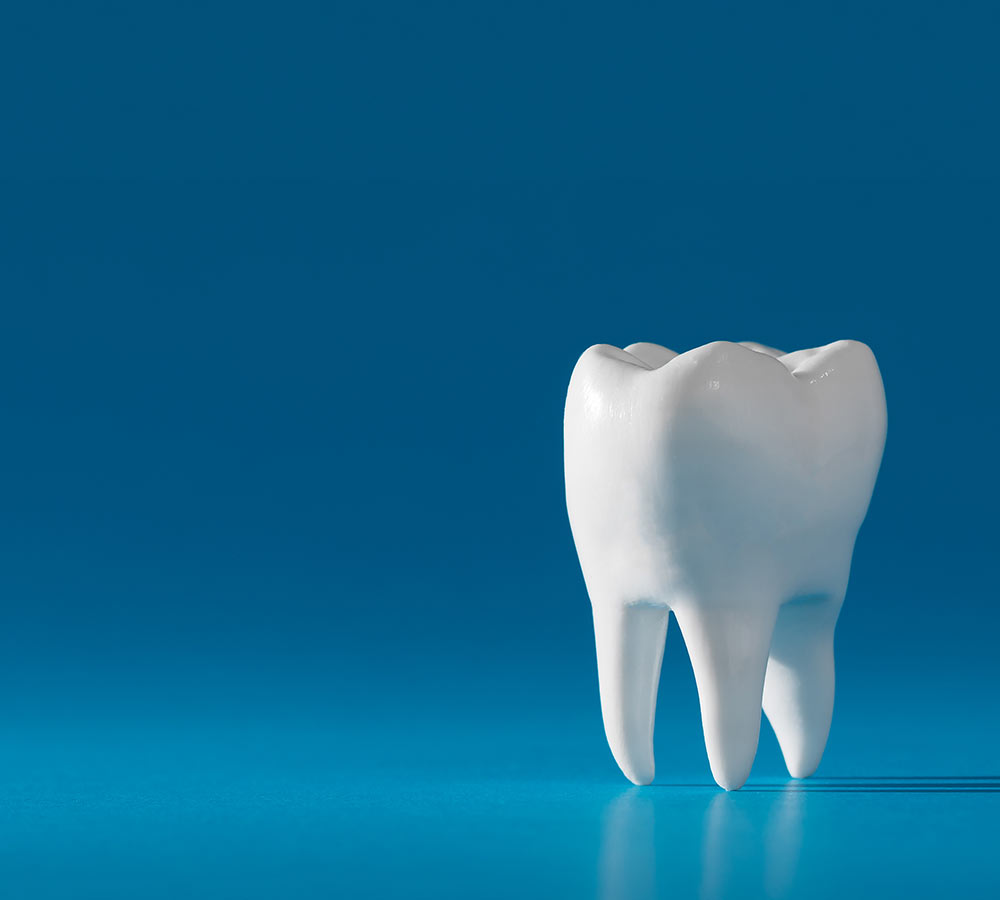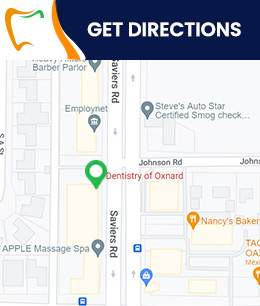Surgical Gum Cleaning Specialist in Oxnard CA
Common questions asked by patients: What is a surgical gum cleaning? How long does it take for gums to heal after gum surgery? What are the different types of gum surgery? What should I expect from surgical gum cleaning?
Deep gum cleaning minimizes bacteria, debris, and inflammation below the gum line. This indicates that the gum may reattach to a perfectly clean, smooth surface, reducing pocket depth. For more information, contact us or schedule an appointment online! We are conveniently located at 4225 Saviers Rd # 9, Oxnard, CA 93033. We serve patients from Oxnard CA, El Rio CA, Port Hueneme CA, Saticoy CA, Camarillo CA, and surrounding areas.



Additional Services You May Need
- Dental Exams & Cleanings
- Teeth Whitening
- Dentures
- Tooth Colored Fillings
- Tooth Extractions
- Dental Veneers
- Dental Crowns
- Dental Bridges
- Teeth Bonding
- Children’s Dentistry
- Laser Dentistry
- Wisdom Teeth Extractions
- Surgical Gum Cleaning
- Full Mouth Restorations
- Sedation Dentistry
- Dental Implants
- Root Canal – Endodontics
- Orthodontics – Braces
- Advanced Diagnostic Imaging
- Cosmetic Dentistry
- Preventive Treatments
- Therapeutic Treatments
- Complete Rehabilitation Solutions
Additional Services You May Need
- Dental Exams & Cleanings
- Teeth Whitening
- Dentures
- Tooth Colored Fillings
- Tooth Extractions
- Dental Veneers
- Dental Crowns
- Dental Bridges
- Teeth Bonding
- Children’s Dentistry
- Laser Dentistry
- Wisdom Teeth Extractions
- Surgical Gum Cleaning
- Full Mouth Restorations
- Sedation Dentistry
- Dental Implants
- Root Canal – Endodontics
- Orthodontics – Braces
- Advanced Diagnostic Imaging
- Cosmetic Dentistry
- Preventive Treatments
- Therapeutic Treatments
- Complete Rehabilitation Solutions






